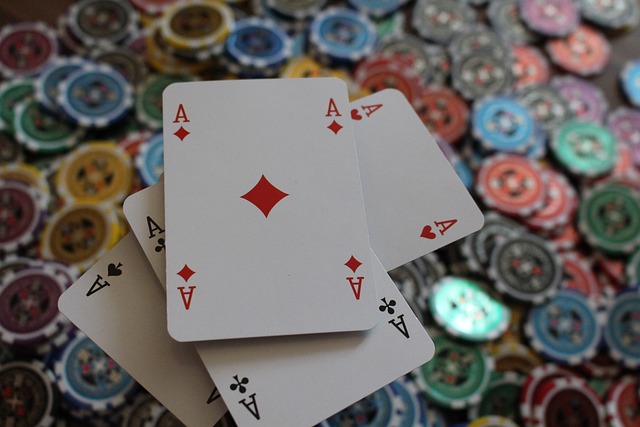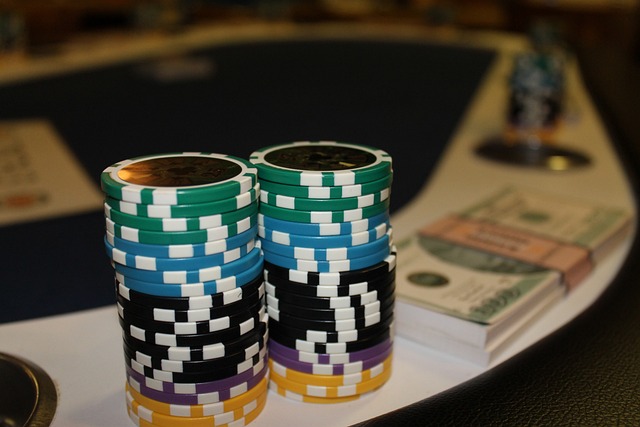When you play games at an online casino, whether it’s a video slot, blackjack, or roulette, there’s one crucial mechanism working behind the scenes: the Random Number Generator (RNG). RNG technology is what determines the outcome of every spin, card deal, or dice roll. But how can players trust that the results are truly random and not manipulated?
That’s where RNG certification comes into play. Independent testing and certification ensure that casino games are fair, transparent, and operate with integrity. Understanding RNGs and their certification helps players make more informed choices and gamble with confidence.
Let’s break down how RNGs work, why certification matters, and what to look for when choosing a trustworthy online casino.
What Is a Random Number Generator?
A Random Number Generator is a software algorithm that produces a continuous stream of unpredictable and unbiased numbers. In online casinos, these numbers are used to simulate random outcomes—such as the position of slot reels, the value of a card, or the result of a roulette spin.
There are two main types of RNGs:
- Pseudo-Random Number Generators (PRNGs): Most commonly used in online games, PRNGs use mathematical formulas and a starting seed value to produce number sequences that appear random.
- True Random Number Generators (TRNGs): Less common in gambling, TRNGs use physical sources (like atmospheric noise) to generate randomness.
Regardless of the type, the key goal of an RNG is to ensure fair and unpredictable outcomes, unaffected by the player, casino, or software provider.
Why RNG Certification Matters

RNG certification is a process where independent labs test a game’s RNG system to verify that it:
- Produces outcomes that are statistically random
- Is not biased toward the house or the player
- Meets industry standards for fairness and integrity
Without certification, there’s no way for players to know whether the outcomes are genuinely random or skewed in favor of the operator. Certified RNGs provide assurance that the game is functioning as advertised.
In short, RNG certification builds trust between the player, the software provider, and the casino platform.
Who Performs RNG Testing and Certification?
Reputable online casinos and game developers rely on third-party testing agencies to verify their RNGs. These organizations are impartial and recognized by gambling regulators worldwide. Some of the most respected testing labs include:
- eCOGRA (eCommerce Online Gaming Regulation and Assurance)
- iTech Labs
- GLI (Gaming Laboratories International)
- TST (Technical Systems Testing)
- BMM Testlabs
These labs subject the RNG systems to rigorous statistical tests, such as the Chi-Square test, diehard tests, and Monte Carlo simulations, to ensure that outcomes are random over time. Certified games receive a seal or certificate that is often displayed on the casino’s or developer’s website.
How RNG Certification Protects Players

For players, RNG certification has several tangible benefits:
- Fair odds: You can be confident that each game outcome is genuinely random and not rigged.
- Transparent operations: Certified casinos often publish audit reports and return-to-player (RTP) data.
- Regulatory compliance: Certified RNGs are usually required by gambling authorities, adding another layer of oversight.
- Fraud prevention: Certification helps prevent manipulation by the casino or third parties.
By ensuring all players operate under the same random conditions, RNG certification helps level the playing field and reinforces responsible gaming principles.
How to Check If a Game or Casino Is RNG Certified
If you want to verify whether a game uses a certified RNG, follow these steps:
- Look for a certification seal: Reputable casinos display RNG certification logos in their site footer or terms.
- Read the fairness policy: Many platforms have a dedicated section explaining their testing and fairness measures.
- Check the software provider: Well-known developers like NetEnt, Microgaming, and Playtech undergo regular third-party audits.
- Visit the certifier’s website: Some testing labs publish a list of certified operators and software.
If this information isn’t available or seems vague, it may be a red flag.
In the digital world of online gambling, trust is everything—and RNG certification is at the heart of that trust. By ensuring that every game result is independently verified as fair and random, certification helps protect players and uphold industry standards.
The next time you spin a reel or place a bet online, take a moment to check for RNG certification. It might not guarantee a win, but it does guarantee that you’re playing a fair game—and in the world of gambling, that’s a critical first step.
